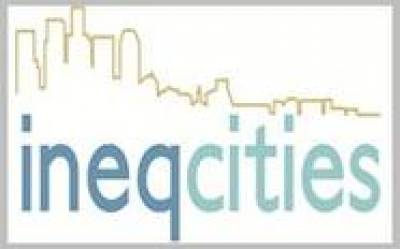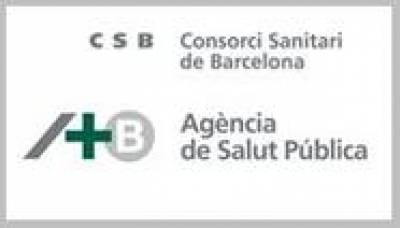The INEQ-CITIES Project was conducted through eight Work Packages that informed the collaboration between partner and collaborating institutions. Please click on each Work Package to learn more about each phase of the INEQ-CITIES Project.
- Work Package 1: Coordination of the project
-
The objective of Work Package 1, led by Agència de Salut Pública de Barcelona (ASPB), was to coordinate and manage the INEQ-CITIES project and manage the information exchange among the partners.
- Work Package 2: Dissemination of the results
-
This Work Package, led by University College London (UCL), has: a) disseminated the project material internally and facilitated discussion, collaboration and the fullest participation among the partners, b) identified stakeholders using stakeholder analysis, c) disseminated study findings to a wide audience including a variety of stakeholders.
All partners have participated in project dissemination. Internal and external dissemination to a wide range of potential users is being achieved through a combination of written reports, oral presentations, meetings with stakeholders, website development and online media resources.
- Work Package 3: Evaluation of the project
-
The objective of Work Package 3, led by Azienda Sanitaria Locale TO3, is to conduct the internal and external evaluation of INEQ-CITIES.
- Work Package 4: Data collection and analysis of socioeconomic inequalities in mortality
-
This Work Package, led by ASPB, has: a) collected the socio-economic and mortality data (5-10 years centred around 2005) necessary to construct the socio-economic and mortality indicators of the small areas included in INEQ-CITIES, b) estimated inequalities in mortality indicators across the small areas and analysed the relationships between mortality and socio-economic indicators at the small area level, c) described mortality inequalities across small areas taking into account men and women, children and working age populations, and d) are producing the recommendations on the information and indicators necessary for monitoring inequalities in health at the city level.
- Work Package 5: Geographical and spatial statistics analyses
-
Universitat de Girona (UDG) led Work Package 5, which estimated inequalities in the socio-economic indicators in the small areas of the cities included in INEQ-CITIES.
A protocol has been produced giving specifications on how to run Bayesian hierarchical modelling geographical analyses. This protocol includes all specifications required to conduct the analysis using the free statistical software R and WinBUGS. Moreover, this protocol includes the R instructions as well as the WinBUGS code to produce the maps for both the mortality and socio-economic indicators.
- Work Package 6: Analysis of avoidable mortality inequalities in men and women
-
Erasmus Medical Centre led Work Package 6, which has: a) estimated inequalities in avoidable mortality indicators across the small areas of the cities and analysed the relationships between avoidable mortality and socio-economic indicators at the small area level, and b) is producing the recommendations for monitoring and tackling inequalities in avoidable mortality.
- Work Package 7: Policies and interventions to tackle health inequalities and recommendations
-
The objectives of Work Package 7, led by ASPB were: a) collect the information related to interventions to tackle inequalities in health which are undertaken in the cities included in INEQ-CITIES and to describe these interventions, and b) produce the recommendations on policies to tackle inequalities in health to be undertaken at the city and small area level.
- Work Package 8: Policies and interventions using EU structural funds and recommendations
-
Központi Statisztikai Hivatal. Népességtudományi Kutató Intézet (KSH NKI) is the lead institution on Work Package 8, which has: a) collected information on social and health interventions to tackle inequalities in health which use structural funds from the European Union in the cities included in INEQ-CITIES and described these interventions, and b) made the recommendations on the policies to tackle inequalities in health to be undertaken at the city and small area level using European Union structural funds.
 Close
Close





